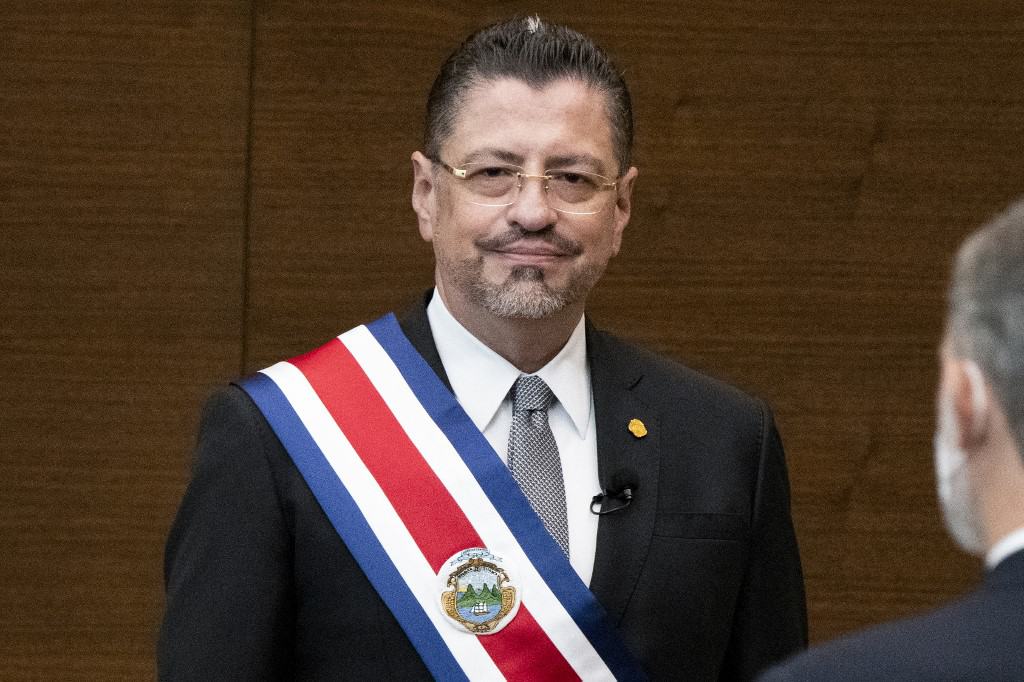A recent study conducted by the Digital Communication Observatory sheds light on the dwindling popularity of President Rodrigo Chaves following the presentation of a new tax proposal to the Legislative Assembly. The report, titled “Radiography of the Digital Communication of the Chaves Robles Administration,” was undertaken by the Creative Campus of the Universidad Latina.
This comprehensive study explores the digital conversation trends, emotional responses of citizens, and the overall dynamics of digital communication in Costa Rica between March 1 and May 31, 2023.
The Impact of Controversial Decisions
The findings of the study reveal that President Chaves’ popularity experienced a significant decline in the aforementioned period, coinciding with crucial decisions announced by the government. Notably, the rupture with prominent investment agency CINDE and the Omar Dengo Foundation, coupled with constant attacks on journalists, attracted strong condemnation from both citizens and the Constitutional Court. These actions have undoubtedly contributed to the erosion of the President’s image among the public.
Changing Public Perception
The study further highlights that press conferences held on Wednesdays, following Governing Council meetings, have traditionally generated the most comments and interactions. However, there has been a noticeable decrease in the audience for these sessions compared to the administration’s first 100 days. This decline in engagement indicates a waning interest and diminishing support for President Chaves’ policies and governance.
Government’s Overall Performance
While the new tax proposal played a pivotal role in shaping public opinion about President Chaves, the study suggests that citizens hold an even harsher view of the government’s overall performance. The President’s cabinet faced widespread criticism, with the study assessing the digital perception of their effectiveness.
Concerns regarding the increasing number of homicides and security crises, the National Children’s Trust’s perceived inaction in the baby Keibril case, the implementation of the new 6×4 day for police officers, and the proposed changes in the income tax structure have significantly dampened citizens’ positive sentiments towards government officials.
The Study
The Digital Communication Observatory’s study provides valuable insights into the declining popularity of President Rodrigo Chaves. The analysis of digital conversation trends, emotional responses, and public sentiment highlights the negative impact of controversial decisions and policies on the President’s image.
Furthermore, the study underlines the broader dissatisfaction with the government’s overall performance, reflected in the critical assessment of the President’s cabinet and their handling of various issues.
As public opinion continues to play a crucial role in shaping political landscapes, these findings serve as an important reminder for policymakers to prioritize effective communication and responsive governance to regain public trust and support.






